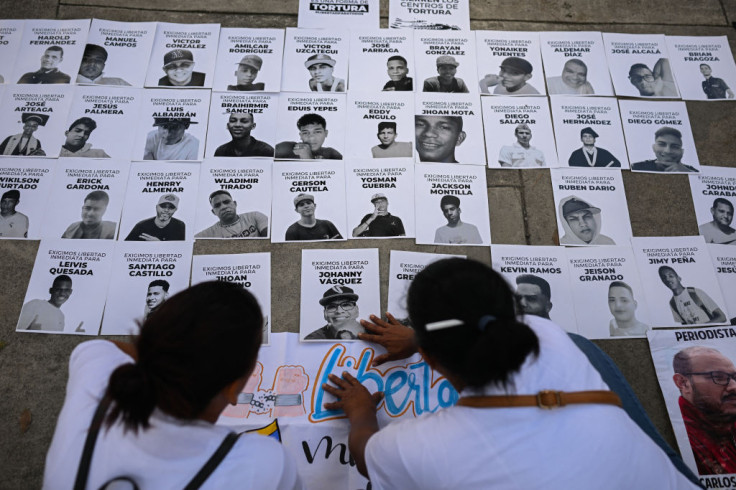
Relatives of detainees at Venezuela's maximum-security Rodeo I prison say officials have stepped up threats against political prisoners at a moment of heightened tension between Caracas and Washington, as a new sprawling report from Infobae has revealed. Rodeo I holds numerous foreign nationals in a separate wing, while most Venezuelan detainees are political prisoners or former military officers who fell out with the government.
"If there is a foreign intervention, we will make you disappear" is the threat that, according to the report, comes up repeatedly during interrogations and visits, a message that families say compounds already dire conditions and psychological pressure inside prisons.
On Monday, U.S. forces carried out a new strike against a Venezuelan vessel accused of transporting narcotics, the second one this month. President Donald Trump has said the actions are meant to defend U.S. security while Venezuelan President Nicolás Maduro denounced the operations as "aggression" and warned that relations had moved from "battered" to "completely broken."
The deployments of U.S. warships in the southern Caribbean, coupled with warnings that further action could follow, have fueled concerns among families that detainees may be treated as leverage in the standoff.
The report points out that prisoners are bombarded daily with propaganda broadcasts of Nicolás Maduro and ruling party leaders, while families describe harsh restrictions on food, visits, and communication. Many detainees, including prominent opposition figures and former military officers, are kept isolated from ordinary prisoners. One wife said visits take place under strict surveillance: "the visiting room is almost infernal, where what dominates is fear."
Family members also report receiving threatening phone calls warning them not to speak publicly or post on social media. Some described a steady deterioration of detainees' health due to meager food portions and strict bans on bringing outside supplies. "It's a method of torture," several relatives said. One woman said she had repeatedly asked to deliver food to her son, who has become frail. "The only thing I can do is cry," she told Infobae.
Human Rights Watch, in a July report, said Venezuelan authorities have maintained a pattern of arbitrary detention, torture, and enforced disappearances since the contested 2024 election. As of mid-2025, more than 800 political prisoners remained behind bars, many held incommunicado and charged under broad offenses like "terrorism." HRW called the situation "systematic repression" and warned foreign governments not to mistake occasional prisoner releases for meaningful reform.
© 2025 Latin Times. All rights reserved. Do not reproduce without permission.






